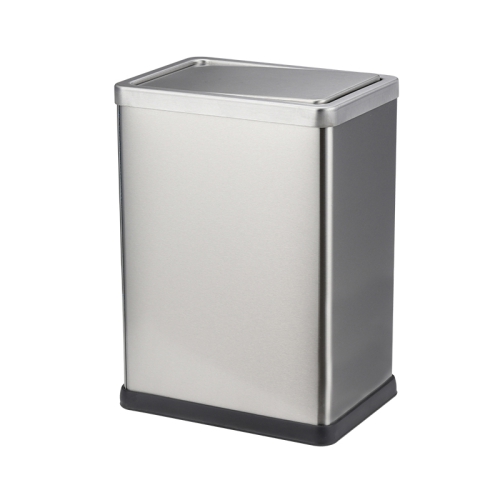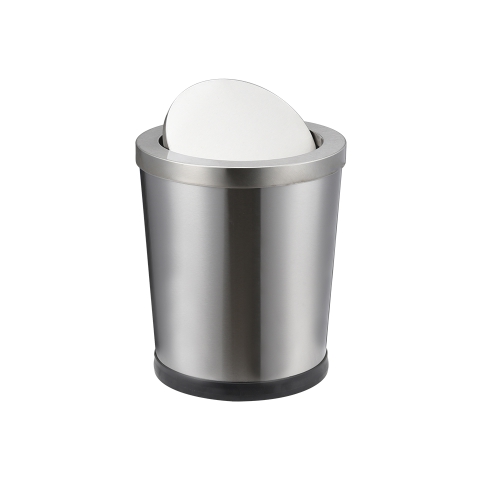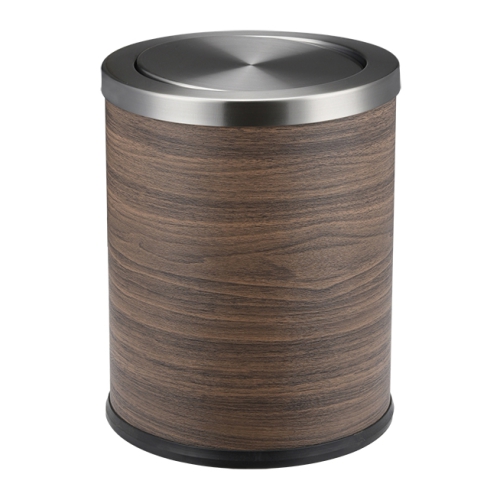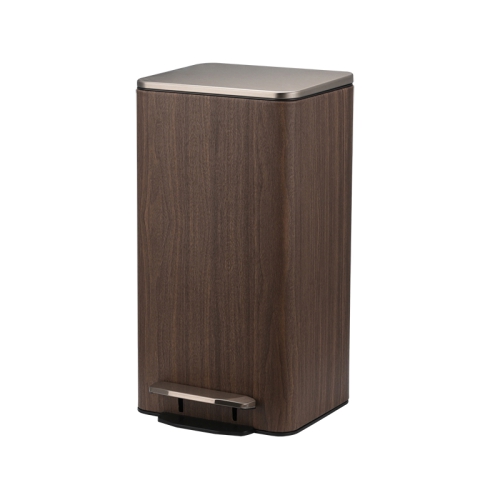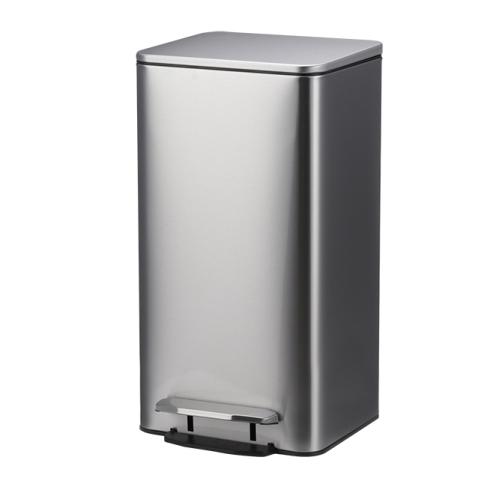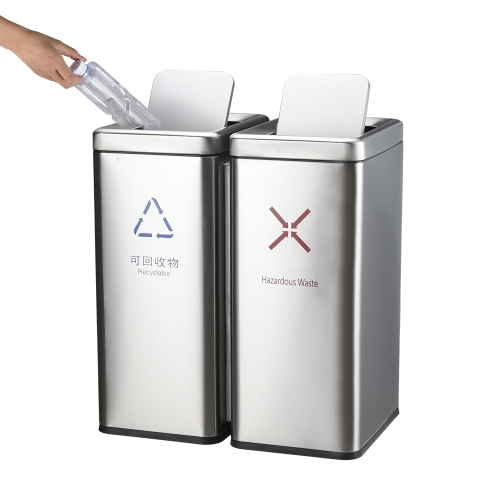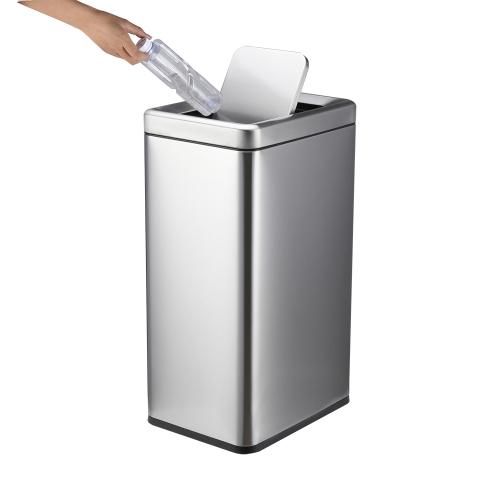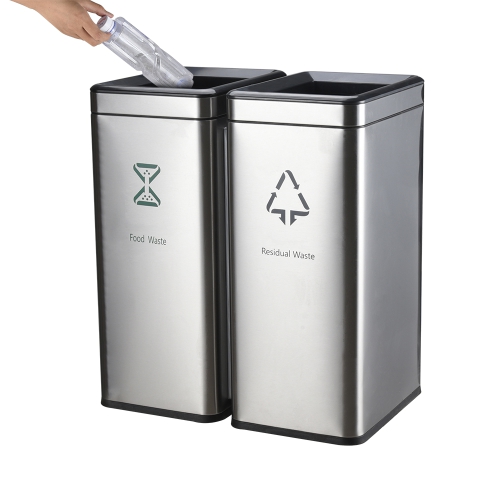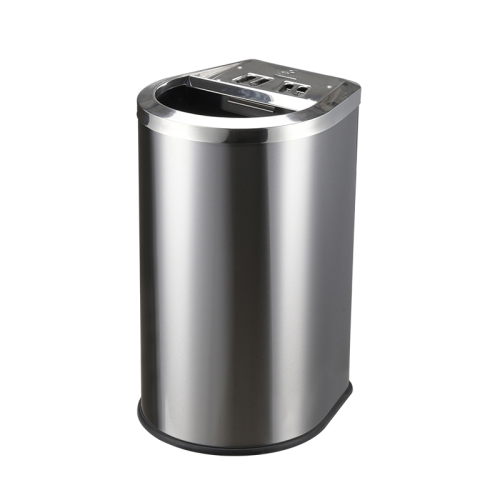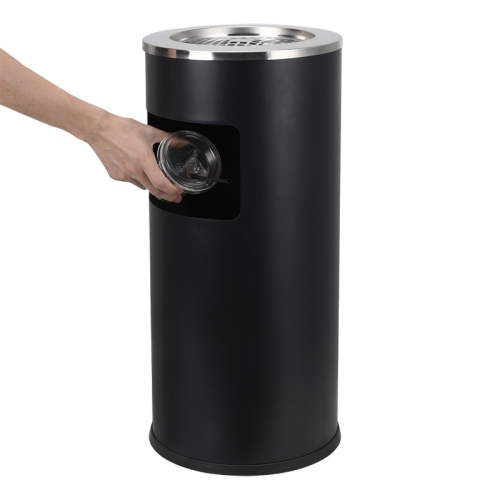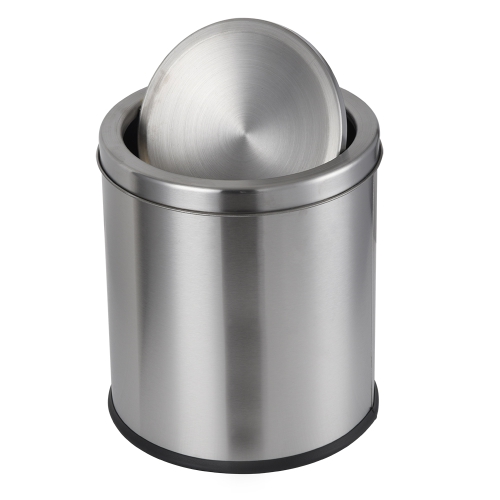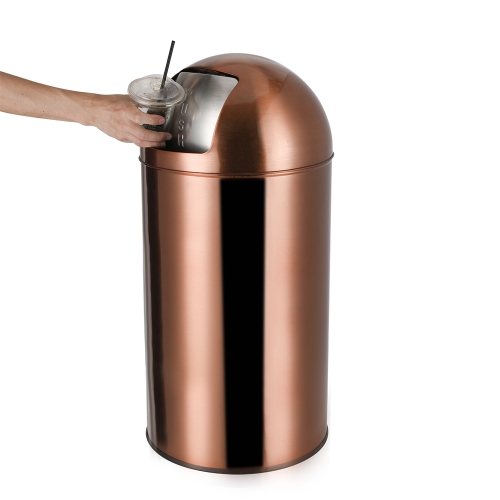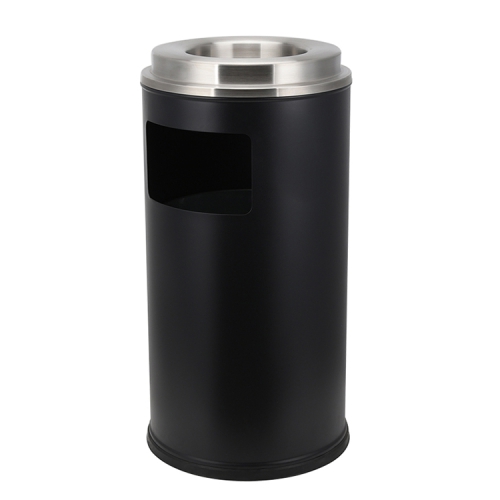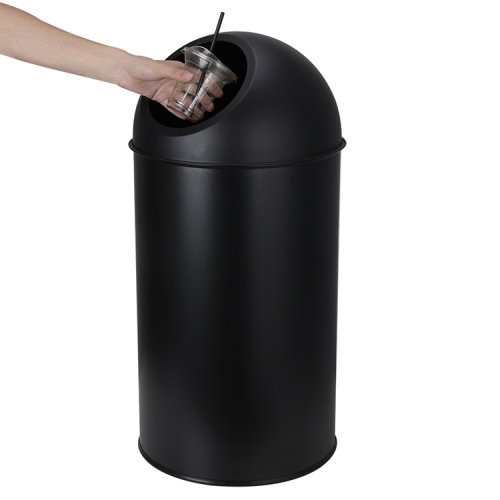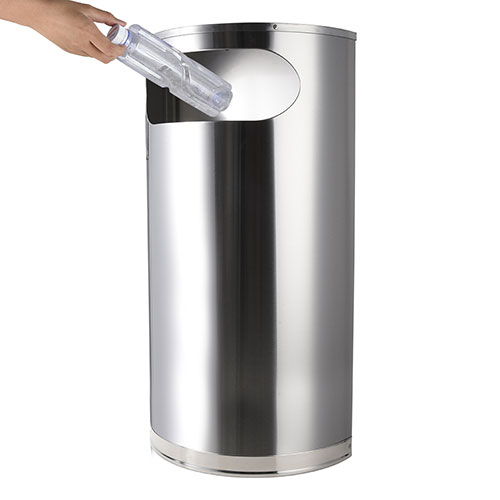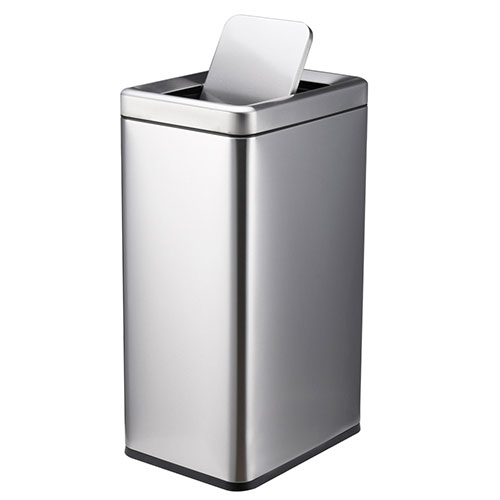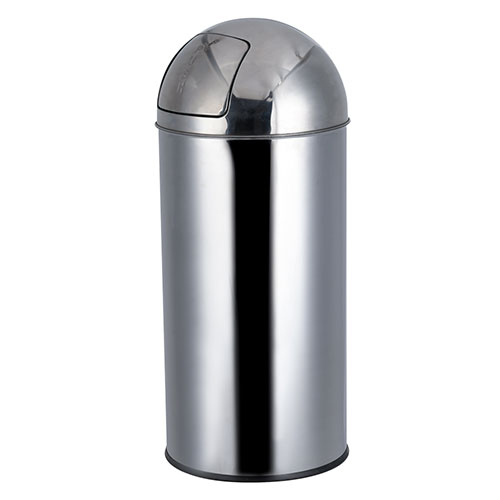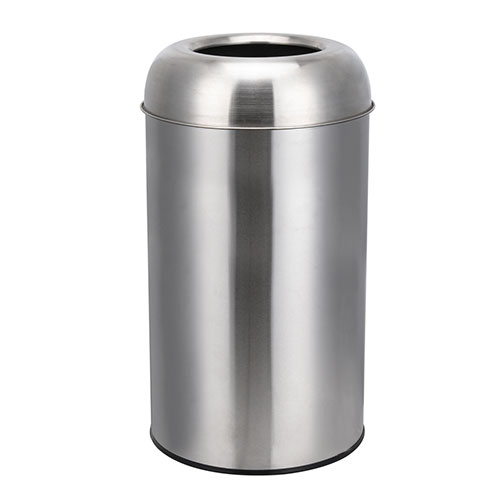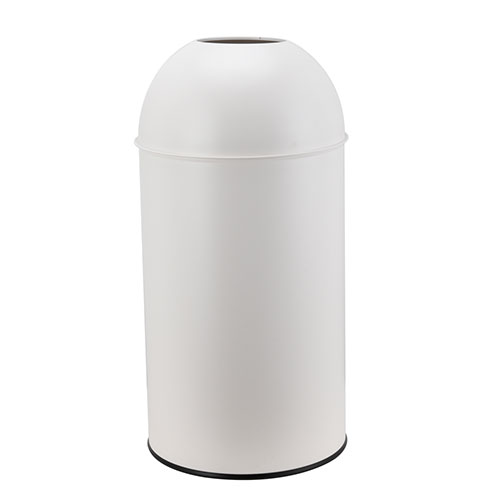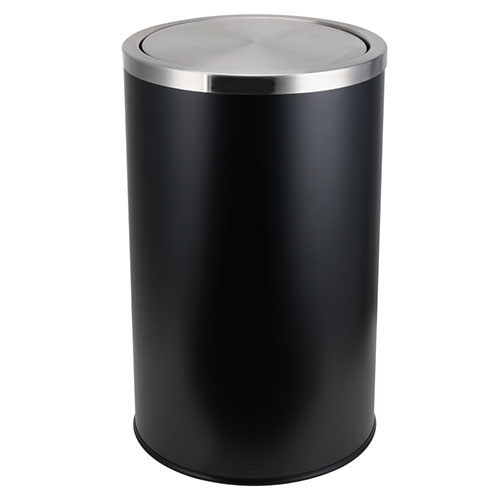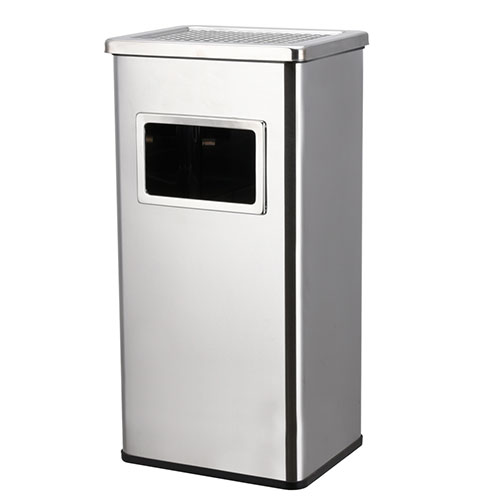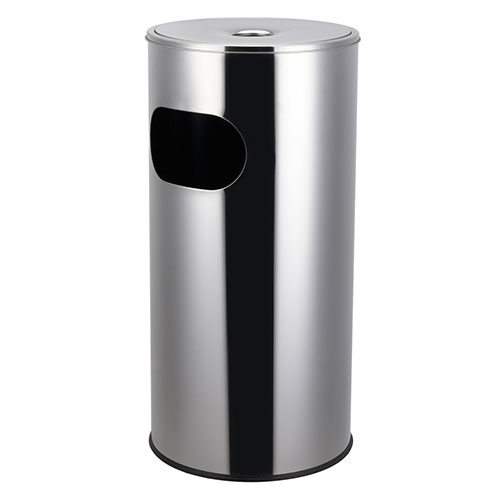Commercial Bin Products
-
Hotel room stainless steel square swing top garbage bin with leather
HS-RB017 -
Stainless steel flip swing top lid hotel room bin factory manufacturer
HS-RB016 -
Satin black white flip swing top lid hotel room waste bin trash can manufacturer
HS-RB015 -
Commercial stainless steel street garbage waste bin dustbin for restaurant hotel
HS-CRB017A -
Soft slow close metalic rectangular commercial rubbish bin galvanise metal
HS-CRB017 -
Commercial public stainless steel dual double compartment trash can with liner
HS-CRB014 -
Public area commercial large stainless steel push lid trash can waste bin
HS-CRB013 -
Commercial stainless steel open top large public area shopping mall trash bin
HS-CRB012 -
Stainless steel commercial open top large shopping mall trash can
HS-CRB011 -
Stainless steel shopping mall hotel lobby ashtray stand with metal liner
HS-CRB010 -
Black free standing cigar ashtray waste trash dust bin floor stand
HS-CRB008B -
Stainless steel swing top hotel room trash can waste bin with liner
HS-CRB005A -
Copper rose gold stainless steel push lid trash waste bin for shopping mall
HS-CRB001 -
Shopping mall public area free standing stainless steel ashtray waste bin
HS-CRB005B -
Shopping mall public area stainless steel commercial trash can
HS-CRB002 -
Commercial lobby standing ashtray bin stainless steel
HS-CRB016 -
Commercial 40L stainless steel lobby dustbin
HS-CRB011 -
Commercial stainless steel push lid bin
HS-CRB001 -
50L Open Top stainless steel shopping mall trash can
HS-CBR003 -
Open Top stainless steel commercial can
HS-CRB004 -
Swing lid black metal commercial trash can
HS-CBR005 -
30L Square stainless steel ashtray bin
HS-CBR007 -
12L Round Black Metal ashtray bin
HS-CBR008
A commercial bin, also known as a commercial waste bin or commercial dumpster, is a large, heavy-duty container designed for the collection and disposal of waste generated by businesses, institutions, and other commercial entities. These bins are typically used for storing various types of waste, including general trash, recyclables, organic materials, and sometimes hazardous waste, depending on the specific needs of the establishment.
Commercial bins come in a range of sizes and configurations to accommodate different volumes of waste and types of materials. They are commonly made from durable materials such as steel, plastic, or fiberglass, which can withstand the rigors of daily use and exposure to outdoor elements. Some commercial bins feature wheels or casters for easy mobility, while others may be stationary and designed to be emptied by waste management trucks using mechanical lift systems.
In summary, a commercial bin is an essential waste management tool used by businesses and institutions to collect, store, and dispose of various types of waste generated in commercial settings. By employing commercial bins, organizations can maintain cleanliness, comply with regulations, and promote environmental sustainability through proper waste management practices.
Our factory is a professional Commercial Bin manufacturer and supplier in China, if you are looking for the best Commercial Bin with low price, consult us now!
Commercial Bin Manufacturer and Supplier
Shengying Factory is a professional homeware manufacturer and supplier in China, and also a professional commercial bin manufacturer and supplier, the products include commercial trash can, push bin, open top trash can, etc. which are used in kitchen or bathroom.
Shengying was established in Jiangmen,Guangdong in 2004. It covers 4,000 square meters, with the warehouse storage capacity of 20 containers of products. She has 3 packing assembly lines, 2 cutting machines, 32 punching machines, 15 stretching machines, and 16 grinding machines.
Over 20 years experiences has yielded Shengying the ability to not only know our commercial bin products,but being a vendor our clients can rely on. Our QC department has rigorous quality control for raw material, semi products and finished products before loading container for each shipment. To provide prominent design, Shengying has a 20-year experienced R&D department provide our customers ODM products with their own colours and logos and technical guidance.
